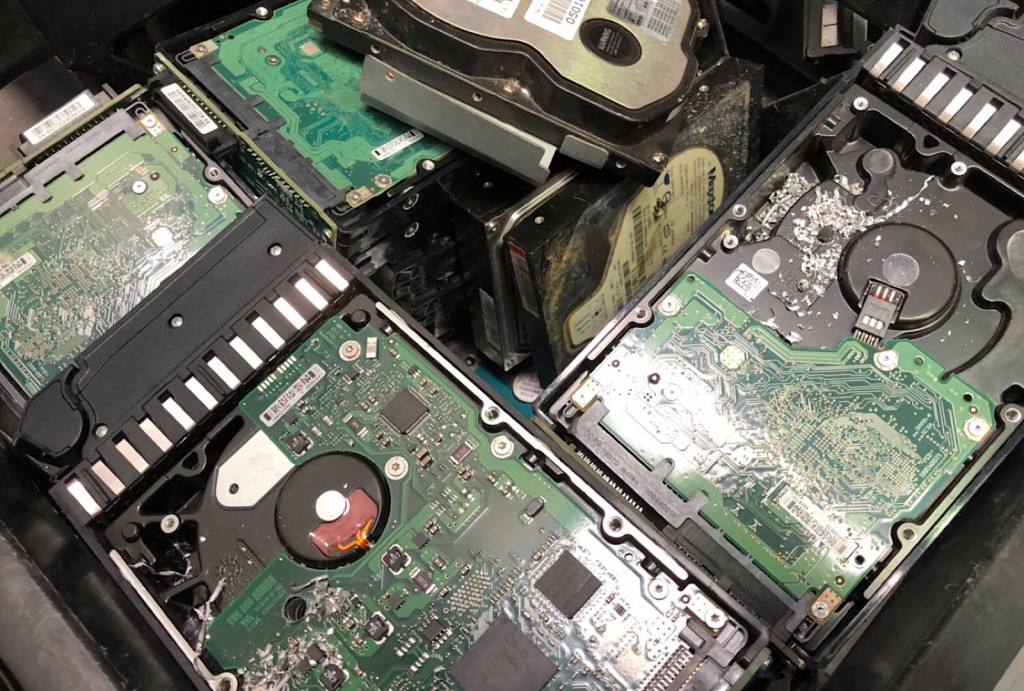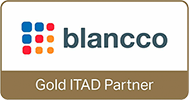Digital security incidents continue to hit headlines around the globe, with big businesses such as Uber reporting massive data breaches.
In 2017, Uber announced two individuals downloaded data from a third-party cloud server used by the ridesharing app, which contained names, email addresses and mobile phone numbers of 57 million users around the world. It was estimated that one in 10 Australians were caught up in the hack.
Here’s the thing about that
Co-founder of Gold Coast business G1 Asset Management, Joel Prokic who was also an official 2018 #PrivacyAware Champion for National Data Privacy Day believes the annual event provides a timely reminder for businesses to safeguard the security of their digital accounts.
“It doesn’t matter if you are a startup or a big business like Uber – you need to realise how important data privacy and data security is, or risk falling victim to a privacy breach, which you may or may not even be aware of,” says Mr Prokic.
“Data breaches can have a severe reputational and financial impact on companies and should be considered an important strategic issue in the digital age.”
The 2017 Telstra Cyber Security Report suggests 59 per cent of organisations in Australia have detected a business interrupting security breach on at least a monthly basis.
Meanwhile, the 2017 Cost of Data Breach Study in Australia by Ponemon and sponsored by IBM estimated the average total cost of data loss within Australia sat at $2.51 million.
The report also showed the number of breached records per incident ranged from 2,700 to 69,835.
“Businesses that collect data need to understand the value of their digital possession to cyber criminals and must implement appropriate measures to mitigate security incidents,” says Mr Prokic.
“This includes educating employees about cyber attacks, using secure ecommerce platforms and understanding where your most sensitive data is in order to protect it.”
“However, these measures shouldn’t just relate to new or current technology devices being used within the organisation, and spans to equipment at the end-of- life.”

“A lot of the time, businesses throw away old computers or devices, without properly removing all of the personal and private information that was collected over the devices lifespan.”
“You wouldn’t throw out a confidential letter without shredding it first or tearing it up. It is the same with digital data – you wouldn’t want to just delete files and clear your recycle bin, thinking that is as simple as it must be, and then for your computer to end up in the wrong hands.”
G1 Asset Management provides corporate e-waste collection services, secure data destruction and environmentally sustainable IT disposable solutions, nationwide.
The businesses e-waste disposal option includes secure data destruction of all physical media including hard drives, tape drives, flash memory devices and solid state storage media.
“It takes multiple hours, expertise and specialised staff to ensure data is wiped and destroyed correctly and consistently.”
G1 Asset Management offers a service to destroy the data and after data destruction, all drives are re-scanned and verified to ensure 100 per cent of data has been removed. For more information about G1 Asset Management, visit g1.com.au.









